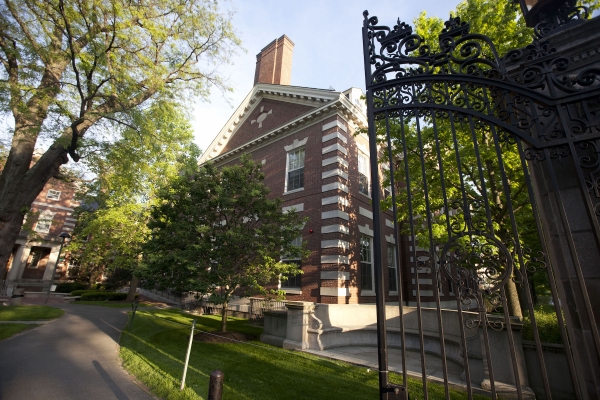Advising is the cornerstone of History & Literature. Upon declaring the concentration, History & Literature students are assigned two advisers:
Academic Adviser
Your academic adviser is the member of the Tutorial Board who is teaching your History & Literature tutorial that semester. At the beginning of each semester you will meet with your academic adviser to discuss your course selections, and your academic adviser will be the one to approve your registration. You will most likely have a different tutorial instructor each year, so your academic adviser will change along with your interests.
In the sophomore spring, you will select a co-taught Sophomore Tutorial, and one of your Sophomore Tutorial instructors will be assigned as your academic adviser. In May of the sophomore and junior years, you will submit forms to help us place you in a tutorial for the following year. Your Junior Tutorial instructor will be your academic adviser for the full academic year, even if you study abroad or do not enroll in one semester of Junior Tutorial for another reason. In the senior fall, you will be assigned to a History & Literature thesis adviser who will be your academic adviser that year. Joint concentrators and others who opt for outside faculty mentors (an option open to all concentrators) will work with those thesis advisers in addition to the academic advisers assigned by History & Literature.
Concentration Adviser
Your concentration adviser is one of History & Literature's Associate Directors of Study. While you will not meet with your concentration adviser as frequently as you meet with your academic adviser (who you will see in tutorial meetings each week), your concentration adviser will check in with you at each step along the way from your first semester in the concentration until graduation, getting to know you and your interests as they develop over time.
Your concentration adviser will be especially helpful as you select your field of study at the end of the sophomore year, as you make a long-term plan to satisfy requirements at the beginning of the junior year, and as you finalize joint and secondary concentrations in the semesters that follow. Concentration advisers are available year-round, which can be especially helpful if you pursue thesis research or other summer projects.

